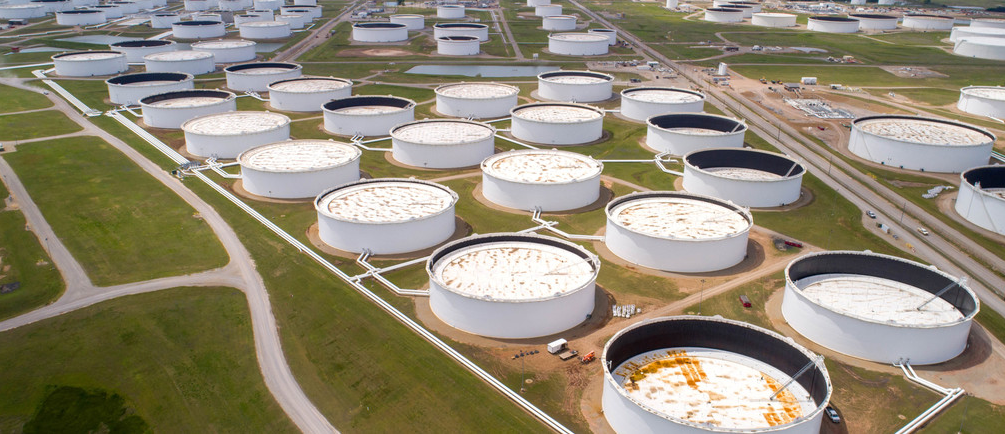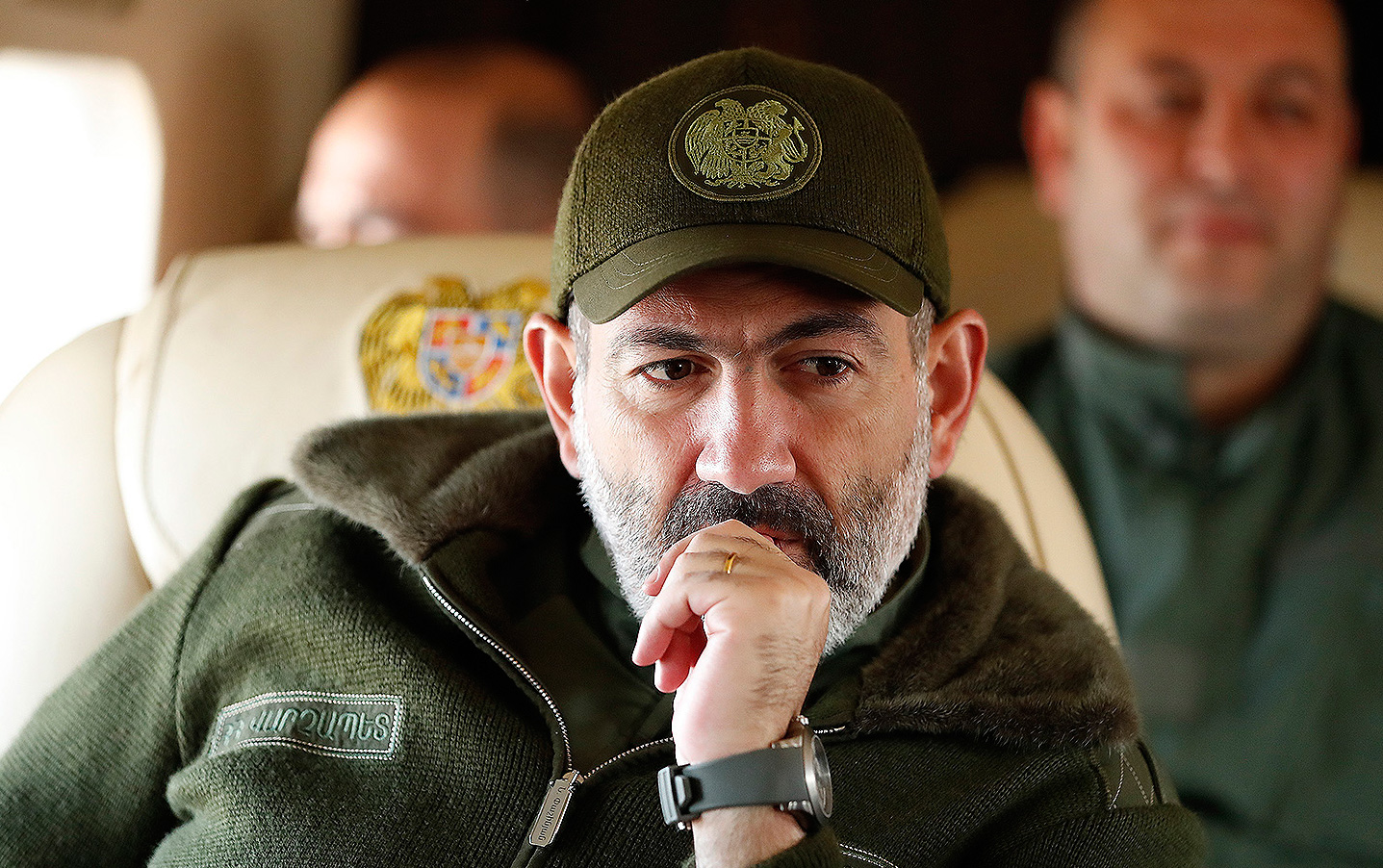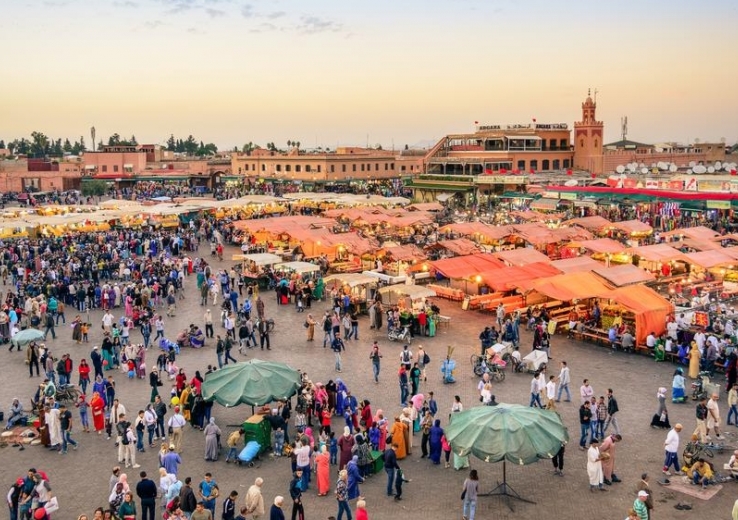Oil prices dipped again on Wednesday, June 17, as Arizona, Florida, and Texas reported record numbers of new COVID-19 cases. Many conservative states have seen an uptick in infections during their drive towards a rapid reopening of local economies with insufficient adherence to containment measures.
The worrying numbers caused oil prices to fall. Brent crude dropped $0.38, 0.9% of the total value, while American WTI oil fell $0.56 or 1.5% of its value. Oil markets had been optimistic over growing demand amid reopening economies, discounting the possibility of a second wave.
But US infectious disease expert Anthony Fauci on June 16 stated that the United States had not yet left its first “wave.” “When I look at the TV and I see pictures of people congregating at bars when the location they are indicates they shouldn’t be doing that, that’s very risky,” Fauci said in an interview with the Wall Street Journal.
Second wave
Countries like Tunisia and New Zealand had initially declared themselves coronavirus-free before having to revise expectations after detecting new local infections.
“We think the oil market is not currently pricing in a significant probability of either second waves of coronavirus cases in key consumers and the associated lockdowns, or anything less than a rapid return to economic business-as-usual,” analysts of Standard Chartered told Reuters.
In the midst of a stock market fueled by stimulus spending, in which bankruptcies have been essentially made impossible, oil markets are enjoying less of an artificial boost. The only methods that have helped alleviate prices somewhat are painful production cuts and the closing of wells.
OPEC
The Organization of the Petroleum Exporting Countries (OPEC) released its monthly report on June 17, predicting a gradual recovery in global demand for oil. OPEC credited much of its production cuts to the recent slight recovery in oil prices.
“The oil market was strongly supported by a reduction of the global crude oil surplus, thanks mainly to the historic voluntary production adjustment agreement,” OPEC stated in its report, released the same day participants in the OPEC+ production cuts are set to meet to review the impact of the move.
Although OPEC is cautiously optimistic, it still predicts that global oil demand will drop by 6.4 million barrels in the second half of 2020, with transportation and aviation fuels as the main laggards.





